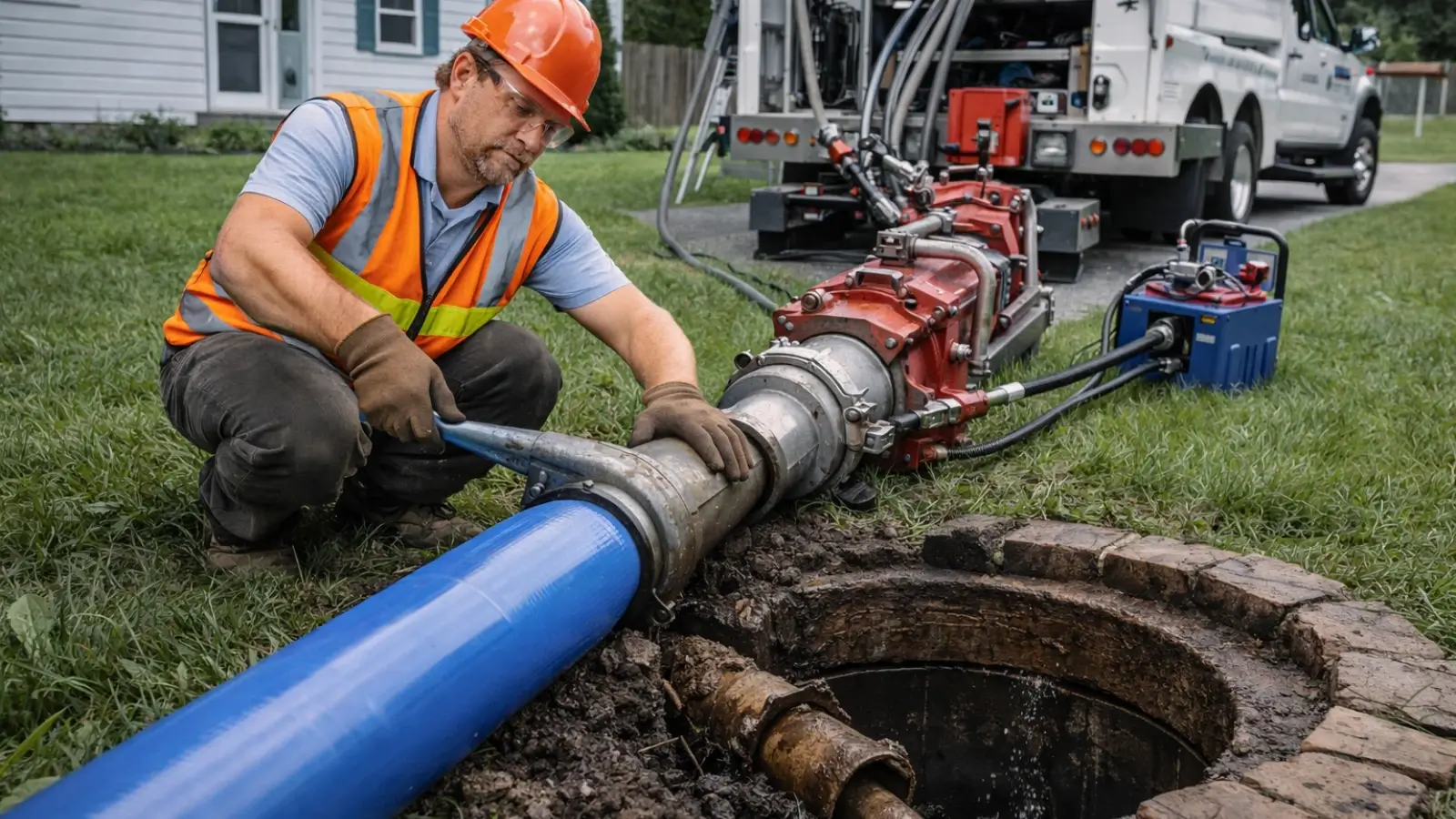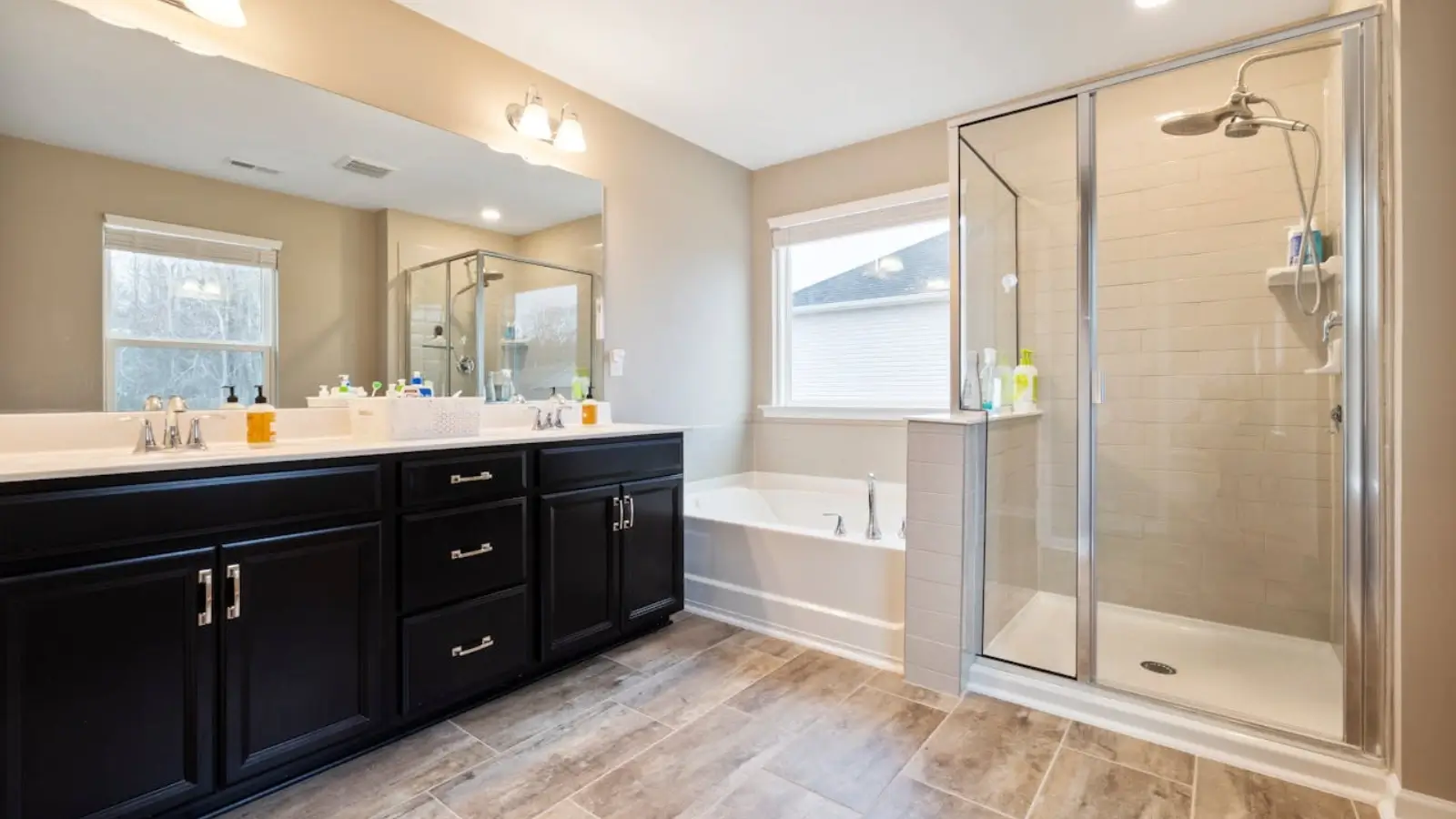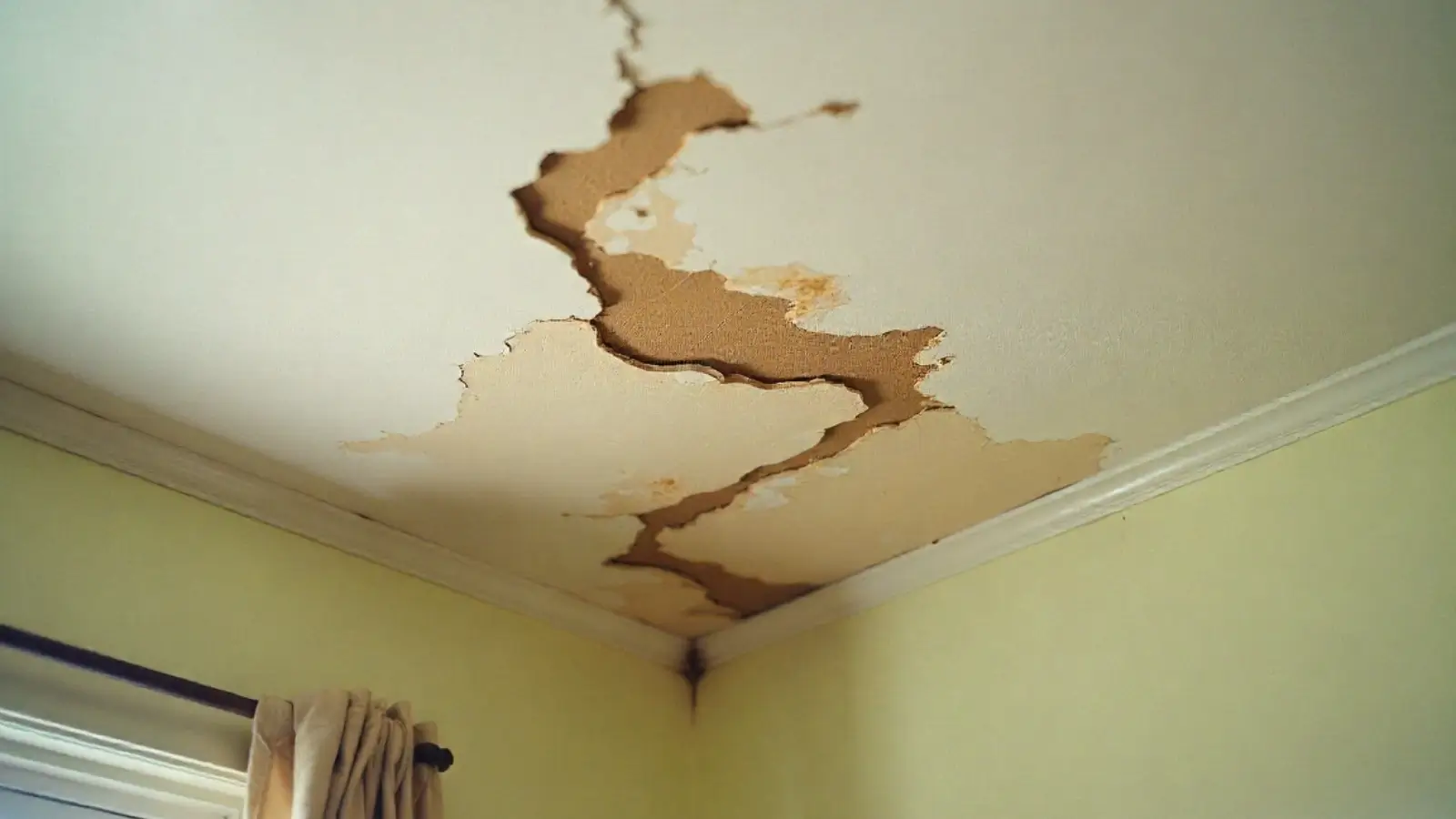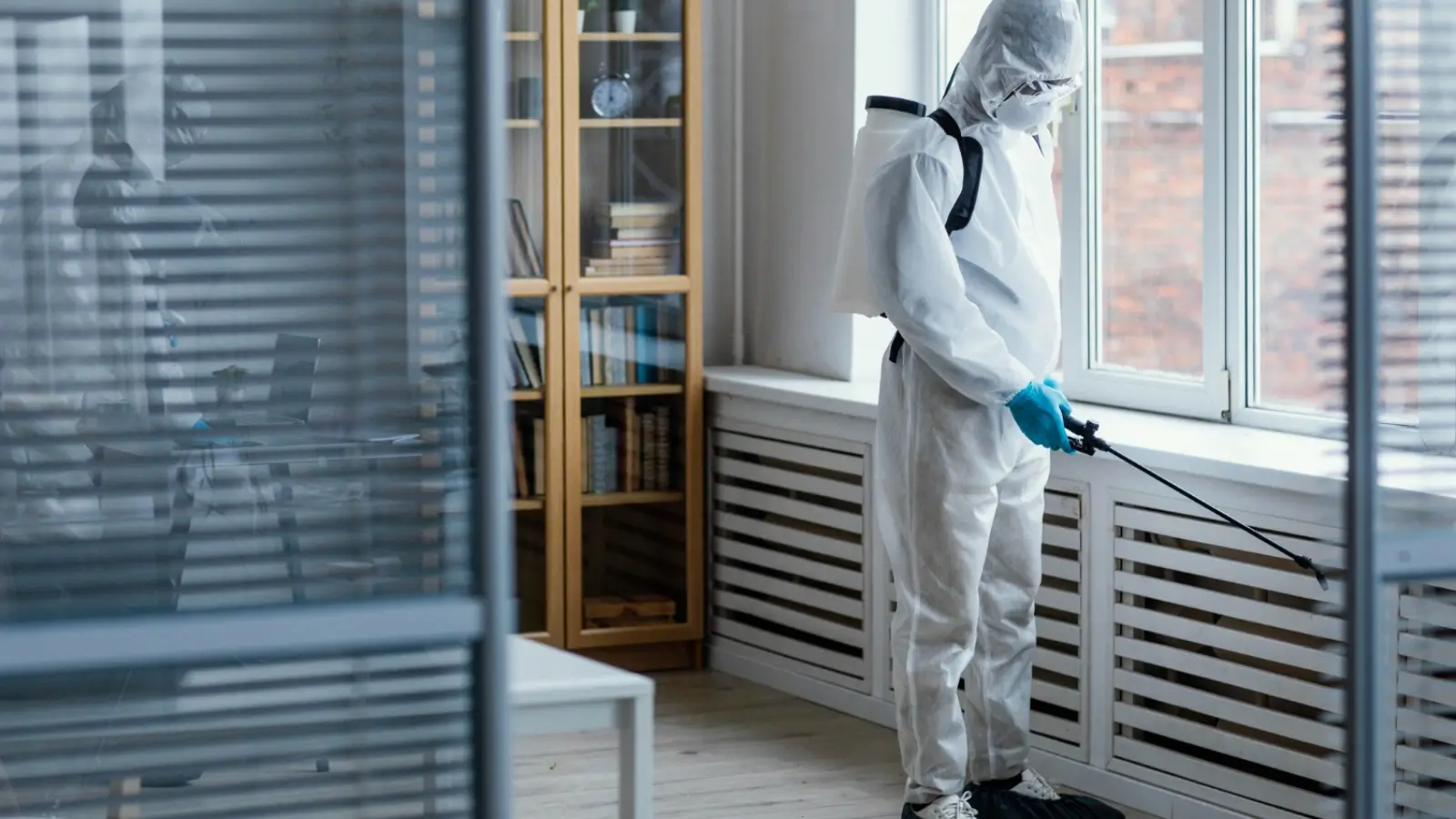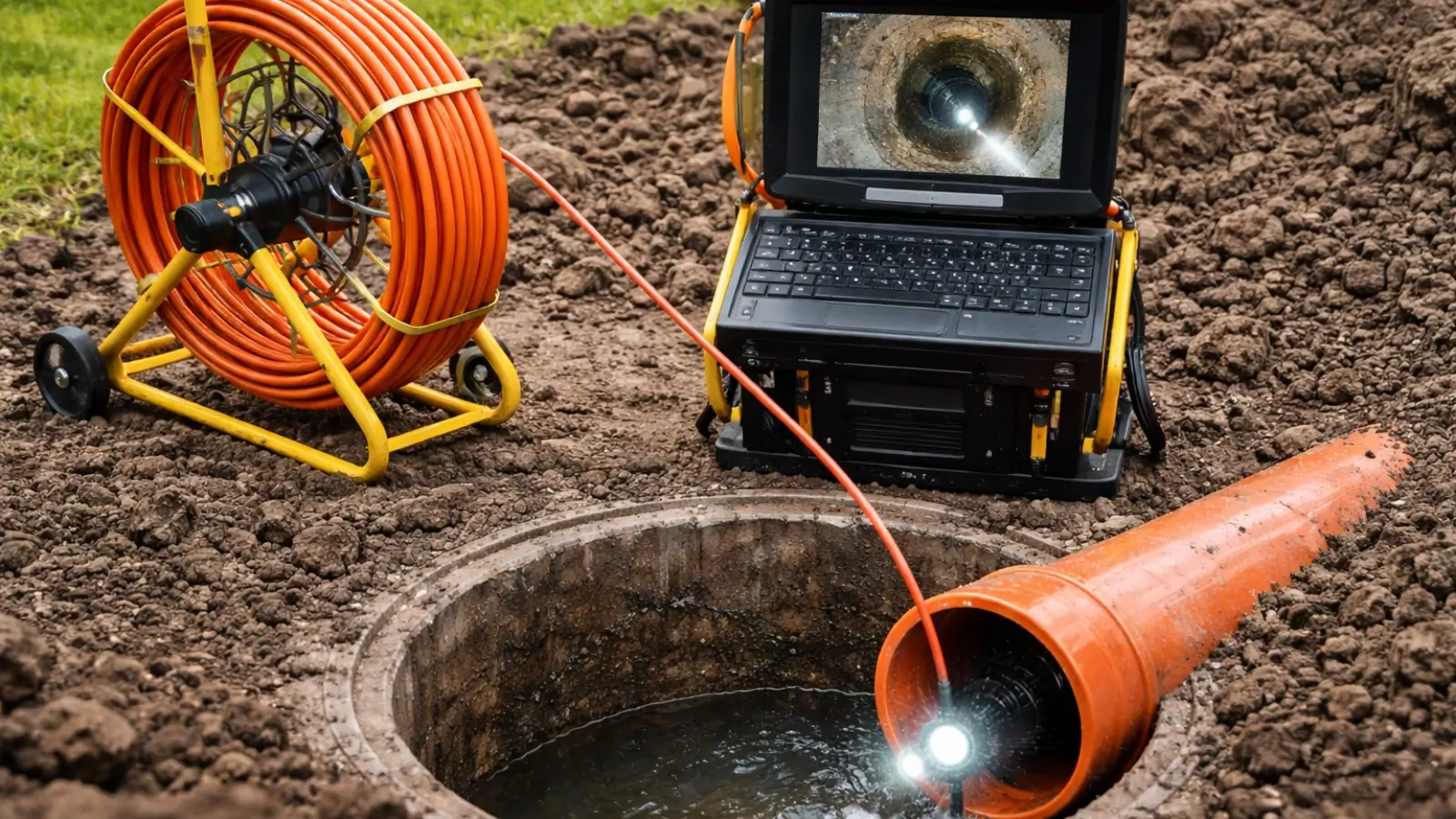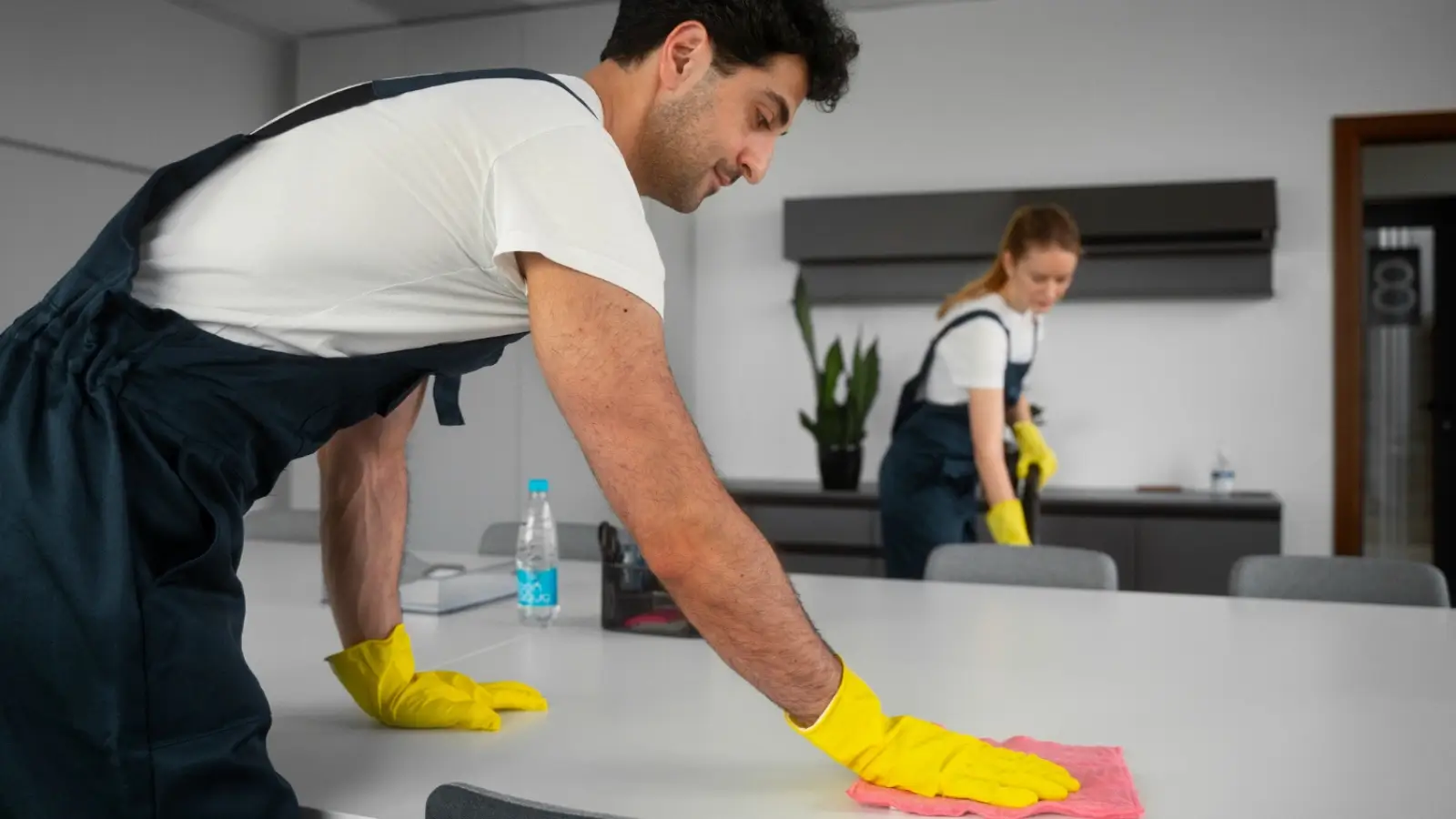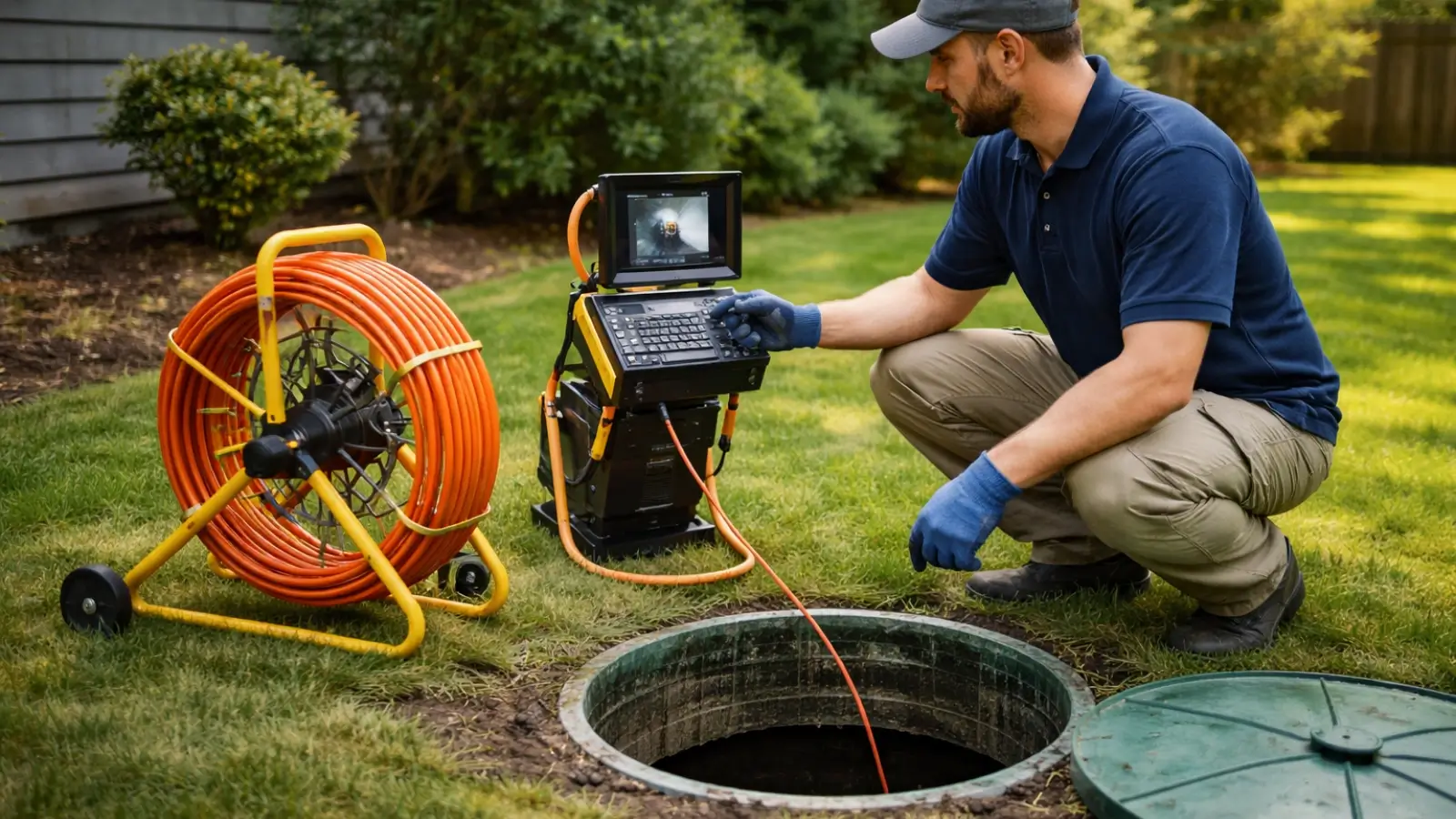Introduction
In homes where every hour is accounted for—from early school drop-offs to late-night work emails—routine and structure are essential. But a routine built on cluttered spaces, dusty corners, and neglected chores doesn’t work for long. A clean home is more than an aesthetic achievement—it’s a key contributor to smoother, more productive household operations and improved daily living.
In the hustle of everyday life, cleaning is often the first responsibility to fall by the wayside. And yet, when the home environment suffers, so does the energy and motivation of everyone living in it. Tasks take longer, rest feels incomplete, and focus becomes harder to maintain. Cleanliness doesn’t just affect how a home looks—it affects how well it functions.
Understanding this connection between a tidy space and a healthy lifestyle opens the door to better habits, smarter maintenance, and more efficient use of time. Whether it’s reducing allergens, keeping household members on track, or simply creating a calmer atmosphere, consistent house cleaning services and practical cleaning routines are powerful tools in any busy household’s strategy.
The Psychological Advantage of a Tidy Space
Mental Clarity and Focus
Mental clutter often mirrors physical clutter. When surfaces are clear, objects are in their place, and rooms are organized, it becomes easier to concentrate. Distractions are reduced, decision fatigue lowers, and the mind has space to focus on tasks at hand.
This is especially important in households where working from home or managing children's schoolwork requires designated focus areas. Clean spaces promote better task completion, time management, and creative thinking.
Reduced Stress and Improved Mood
There’s a sense of calm that comes with walking into a room that’s been vacuumed, wiped down, and aired out. The scent of cleanliness, the sight of order, and the absence of grime all contribute to a more peaceful emotional state.
This daily peace of mind is vital for families juggling competing priorities. Knowing that the home is clean—even in small, manageable ways—can drastically reduce stress levels and enhance overall satisfaction with daily routines.
Health Benefits That Go Beyond the Surface
Lowering Allergen Exposure
Dust, pet dander, and pollen are frequent culprits of indoor allergies. These microscopic particles settle on carpets, curtains, and upholstery, often going unnoticed until symptoms flare up. Regular vacuuming, targeted carpet cleaning, and consistent wiping of surfaces significantly reduce allergen presence.
This is particularly beneficial in households with children, older adults, or individuals who suffer from asthma or seasonal allergies. Cleaner indoor air leads to fewer respiratory irritations and fewer interruptions in daily life.
Bacteria Control and Germ Prevention
Kitchen counters, bathroom sinks, doorknobs, and light switches are hotspots for bacteria and viruses. With consistent disinfecting practices, the likelihood of illness spreading throughout the home is minimized. Maintaining hygiene through cleaning services or self-directed routines makes homes safer and healthier.
This benefit becomes even more important during high-risk seasons, like flu season or in the aftermath of illness, when high-touch surface cleaning plays a crucial role in keeping households healthy.
Time-Saving Through Smart Maintenance
Cleaning in Zones
Breaking up home maintenance into zones rather than tackling the entire house at once allows for more effective use of time. Assigning each room a day of the week helps homeowners or household members stay on top of tasks without feeling overwhelmed.
For example, bathrooms on Monday, kitchen on Tuesday, bedrooms on Wednesday. This approach allows cleaning to blend seamlessly into daily routines, making upkeep manageable and consistent.
Tools That Make a Difference
Incorporating the right tools into everyday cleaning routines also saves time. Microfiber cloths trap more dust than paper towels. A cordless vacuum is easier to grab for quick pickups. Keeping essential supplies in each major area of the home avoids wasted time searching for what’s needed.
These efficiencies, while simple, accumulate into valuable time savings over the course of a week. The less time spent on unnecessary effort, the more energy available for meaningful activities.
Creating a Family-Centered Cleaning Culture
Dividing Responsibility
When the entire household is involved in maintaining the space, everyone benefits. Children can be assigned age-appropriate tasks—like organizing toys, wiping low surfaces, or making their beds. Adults can rotate deeper tasks like mopping, vacuuming, or appliance cleaning.
Establishing a cleaning chart or shared routine builds teamwork and creates shared ownership of the space. This not only lightens the load but also fosters accountability and consistency in household maintenance.
Teaching Life Skills
Involving children in cleaning isn’t just about chores. It’s about teaching responsibility, discipline, and the satisfaction of contributing to a shared goal. These lessons extend far beyond tidying up—they create habits and mindsets that support independence and self-respect.
Over time, these skills help build stronger routines and prepare younger household members for future responsibility, both in and out of the home.
Refreshing the Overlooked: Occasional Deep Cleaning
Resetting the Environment
Even in homes with consistent routines, certain areas inevitably get skipped. Baseboards collect dust, fridge interiors accumulate stains, and carpets hold onto deep-seated dirt. Periodic deep cleaning resets the home’s environment and keeps neglected areas from becoming unmanageable.
Tasks like moving furniture to vacuum behind it, scrubbing grout, washing windows, or professionally cleaning carpets can be scheduled seasonally or as needed. These efforts restore freshness and extend the life of materials in the home.
Partnering for a Cleaner Routine
Some households take a hybrid approach: managing day-to-day cleaning internally and calling in help for deep or seasonal needs. Brands such as Maryland Luxury Cleaning Services offer support that complements existing routines without requiring a full outsourcing of responsibilities.
For those with limited time or mobility, professional cleaning services can become a valuable part of maintaining a safe, clean environment without sacrificing energy or time.
Supporting Other Healthy Habits
Clean Kitchens and Nutritious Eating
When kitchens are tidy, it’s easier to cook, prep meals, and avoid eating out unnecessarily. Clean countertops, stocked pantries, and organized refrigerators make home cooking more efficient and enjoyable—ultimately leading to healthier eating habits.
A clean kitchen also reduces cross-contamination and encourages better hygiene during meal prep, especially important in homes with food sensitivities or young children.
Restful Sleep in Clean Bedrooms
The condition of the bedroom affects sleep quality. Clean sheets, vacuumed floors, and uncluttered nightstands promote deeper rest and a calmer transition into bedtime. Regular cleaning routines in sleeping spaces help reduce distractions and support consistent rest patterns.
This is especially important for children and teens, whose growth and learning depend on good sleep hygiene.
Conclusion
A clean home sets the tone for healthier routines, calmer minds, and more efficient days. Whether through structured cleaning schedules, divided household tasks, or periodic support from professional cleaning services, maintaining a clean environment improves every other part of life.
In homes where time is limited and demands are high, a well-maintained space supports both productivity and well-being. A few consistent cleaning habits can transform how a household runs and how its members feel day to day.
While every family’s routine is different, brands like Maryland Luxury Cleaning Services can play a role in helping households stay on track. With or without outside support, the benefits of a clean, healthy space are always worth the investment in time and attention.










